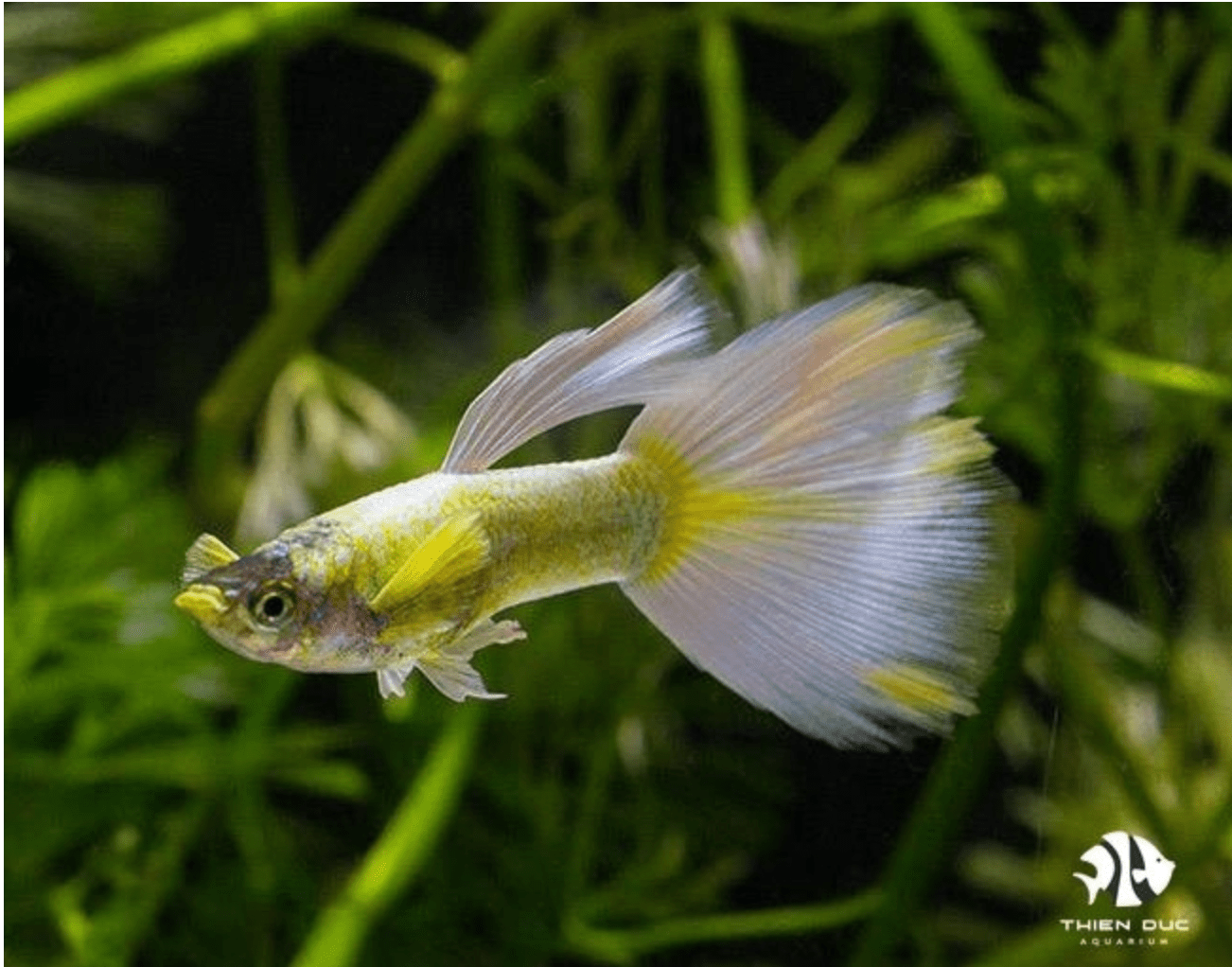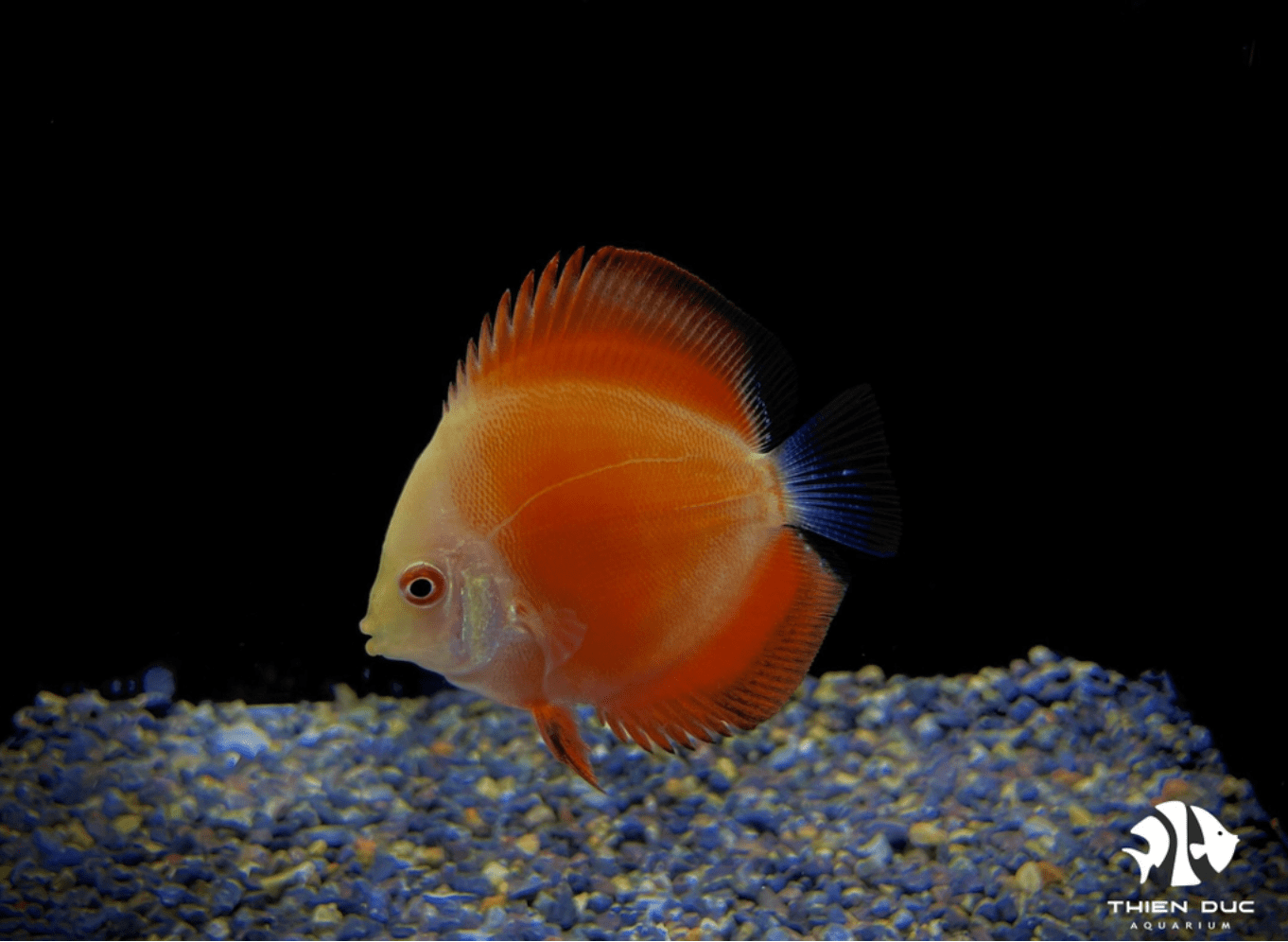Tropical Fish Trade: Industry Overview and Future Outlook
The vibrant and captivating world of tropical fish has captivated aquarists and enthusiasts for decades. These miniature underwater ecosystems, teeming with life and color, offer a window into the beauty and diversity of nature. The global tropical fish trade, a multi-billion dollar industry, fuels this passion, connecting breeders, wholesalers, retailers, and consumers across the globe. This article delves into the intricate workings of this fascinating industry, exploring its current state, future prospects, and the role of key players like ThienDuc Aquarium in shaping its trajectory.
A Thriving Industry with Global Reach
The global tropical fish trade has experienced significant growth in recent years, driven by increasing demand from both hobbyists and professionals. The market is estimated to be worth billions of dollars, with key regions like North America, Europe, and Asia leading the way. This growth is fueled by a combination of factors, including rising disposable incomes, increased urbanization, and a growing appreciation for the aesthetic appeal and therapeutic benefits of aquariums.

Key Players and Competitive Landscape
The tropical fish trade encompasses a diverse range of players, each contributing to the complex supply chain. Breeders, often operating small-scale farms or hatcheries, are responsible for producing healthy and vibrant fish. Wholesalers act as intermediaries, supplying retailers with a wide variety of species. Retailers, ranging from local pet stores to large online platforms, cater to the needs of individual consumers. Exporters play a crucial role in facilitating international trade, ensuring the safe and responsible transportation of fish across borders.
The competitive landscape within the industry is dynamic, with players vying for market share through differentiation, pricing strategies, and innovation. Some focus on niche markets, specializing in rare or unique species, while others prioritize volume and affordability.
Popular Species and Market Demand
The tropical fish trade boasts a remarkable diversity of species, catering to a wide range of preferences and budgets. Popular choices include:
-
Cichlids: Known for their vibrant colors, unique patterns, and interesting behaviors, cichlids are a favorite among hobbyists.
-
Tetras: These small, schooling fish are prized for their shimmering scales and peaceful nature, making them ideal for community tanks.
-
Guppies: Highly adaptable and available in a dazzling array of colors and patterns, guppies are a popular choice for beginners.
-
Betta Fish: Also known as Siamese fighting fish, these striking fish are renowned for their elaborate fins and aggressive nature, requiring individual tanks.
-
Discus: These elegant and demanding fish are highly sought after for their stunning colors and intricate patterns.
Demand for specific species varies depending on factors like availability, price, and aesthetic appeal. The market is constantly evolving, with new species and hybrid varieties emerging, further diversifying the options available to consumers.
Distribution Channels: From Local Stores to Online Platforms
The distribution of tropical fish has evolved significantly, with both traditional and online channels playing a vital role. Local pet stores continue to be a popular source for fish, offering personalized advice and the opportunity to observe fish in their environment. However, online platforms have gained significant traction, offering a wider selection, competitive pricing, and convenient delivery options.

Regulation and Sustainability: Ensuring Responsible Practices
The tropical fish trade is subject to various regulations aimed at ensuring responsible and sustainable practices. These regulations address issues such as:
-
Animal Welfare: Regulations ensure that fish are transported and housed in humane conditions, minimizing stress and disease.
-
Species Protection: Regulations restrict the trade of endangered or vulnerable species to protect biodiversity.
-
Disease Prevention: Regulations aim to prevent the spread of diseases, protecting both fish populations and human health.
The Future of the Tropical Fish Trade: Trends, Challenges, and Opportunities
The tropical fish trade is poised for continued growth and evolution, driven by several key trends:
-
Growing Demand for Unique and Rare Species: Consumers are increasingly seeking out unique and rare fish, driving demand for specialized breeders and importers.
-
Increased Focus on Sustainability: Consumers are becoming more aware of the environmental impact of the tropical fish trade, demanding sustainable practices from breeders and retailers.
-
Rise of Online Marketplaces: Online platforms are becoming increasingly popular for purchasing fish, offering convenience and a wider selection.
-
Technological Advancements: Technological advancements in breeding techniques, fish health monitoring, and online sales are transforming the industry.
However, the industry also faces challenges:
-
Disease Outbreaks: Disease outbreaks can devastate fish populations, impacting supply and pricing.
-
Illegal Trade: Illegal trade in endangered or protected species poses a significant threat to biodiversity.
-
Environmental Concerns: Overfishing and habitat destruction can have detrimental effects on wild fish populations.
Despite these challenges, the tropical fish trade presents significant opportunities for growth and innovation:
-
Development of New Species: Breeders are constantly developing new and exciting hybrid varieties, expanding the market's diversity.
-
Sustainable Farming Practices: The industry is embracing sustainable farming practices to minimize environmental impact and ensure the long-term health of fish populations.
-
Technological Solutions: Technology is enabling more efficient and sustainable breeding, transportation, and sales practices.
ThienDuc Aquarium: A Leader in Quality and Sustainability
ThienDuc Aquarium, established in 2012 in Cu Chi district, Ho Chi Minh City, is a leading force in the tropical fish trade, committed to providing high-quality fish and fostering sustainable practices. Their farm, spanning 25,000 square meters, is dedicated to breeding and exporting a wide variety of freshwater and marine fish.

ThienDuc Aquarium's expertise lies in:
-
Wild Fish: They specialize in sourcing wild fish from rivers and streams across Vietnam, Laos, Cambodia, China, and Thailand, offering a unique selection of naturally vibrant species.
-
Marine Fish: Their team works closely with reputable farms to source a diverse range of marine fish, ensuring their health and well-being.
-
Sustainable Practices: ThienDuc Aquarium is committed to responsible breeding and sourcing practices, minimizing their environmental impact and ensuring the long-term health of fish populations.
-
Innovation: They are constantly exploring new breeding techniques and technologies to improve the quality and diversity of their offerings.
Conclusion
The tropical fish trade is a dynamic and evolving industry, driven by a passion for aquatic beauty and the desire to bring the wonders of underwater ecosystems into homes and businesses. As the industry continues to grow and adapt, players like ThienDuc Aquarium are playing a crucial role in shaping its future, prioritizing quality, sustainability, and innovation. For those seeking to explore the captivating world of tropical fish, ThienDuc Aquarium offers a wide selection of healthy and vibrant species, ensuring a rewarding and enriching experience.
Contact Information
-
Address: 57 Le Thi Sieng, Tan Thong Hoi, Cu Chi, Ho Chi Minh City, Viet Nam
-
Mobile: +84903912501
-
Office: +84982577871
-
Email: thien@thienducaquarium.com










